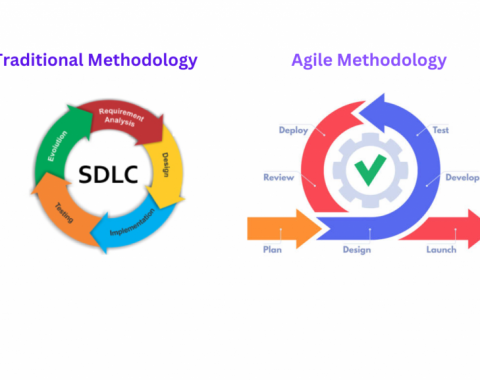The roles of a business analyst and a data analyst may have overlapping responsibilities, but they are distinct in terms of their primary focus and skill sets. Here are some key differences:
- Focus: A business analyst primarily focuses on understanding and analyzing business processes, systems, and requirements to identify and recommend improvements, solutions, and strategies to achieve business objectives. They work closely with stakeholders, including business users, managers, and executives, to gather requirements, conduct feasibility studies, and develop business plans.
On the other hand, a data analyst primarily focuses on analyzing data to extract insights, trends, and patterns to support decision-making and improve business performance. They work with various data sources, such as databases, spreadsheets, and other data repositories, to clean, analyze, and interpret data, and present findings to stakeholders.
- Skills: While both business analysts and data analysts require strong analytical skills, there are some differences in the specific skill sets they need:
- Business analysts typically need skills in requirements gathering, process modeling, business process improvement, stakeholder management, business domain knowledge, and strategic planning.
- Data analysts typically need skills in data analysis, data visualization, data modeling, data cleaning and preparation, statistical analysis, data mining, and data querying using programming languages or tools such as SQL, Python, R, or data visualization tools like Tableau, Power BI, or Excel.
- Output: The output of a business analyst’s work is typically focused on documentation such as business requirements documents, functional specifications, process flowcharts, and business cases. Their work often leads to recommendations for process improvements, system enhancements, or business strategies.
In contrast, the output of a data analyst’s work is typically focused on data-driven insights, reports, dashboards, and visualizations that provide actionable insights to support decision-making. Their work often involves analyzing data to identify trends, patterns, and correlations, and presenting findings in a visually appealing and understandable manner.
- Domain Knowledge: Business analysts often require in-depth domain knowledge in specific industries or business functions, such as finance, marketing, supply chain, or human resources, to effectively analyze and understand the nuances of the business processes and requirements.
Data analysts, on the other hand, need strong technical skills in data analysis, data manipulation, and data visualization, along with a solid understanding of statistical and mathematical concepts. Domain knowledge may be relevant depending on the specific projects or industries they work in, but it is not always a primary requirement.
In summary, while both business analysts and data analysts are analytical roles that involve working with data and stakeholders, business analysts focus on understanding and improving business processes, while data analysts focus on analyzing data to extract insights. Their skill sets, output, and domain knowledge requirements may vary depending on the specific needs of their roles and projects.


